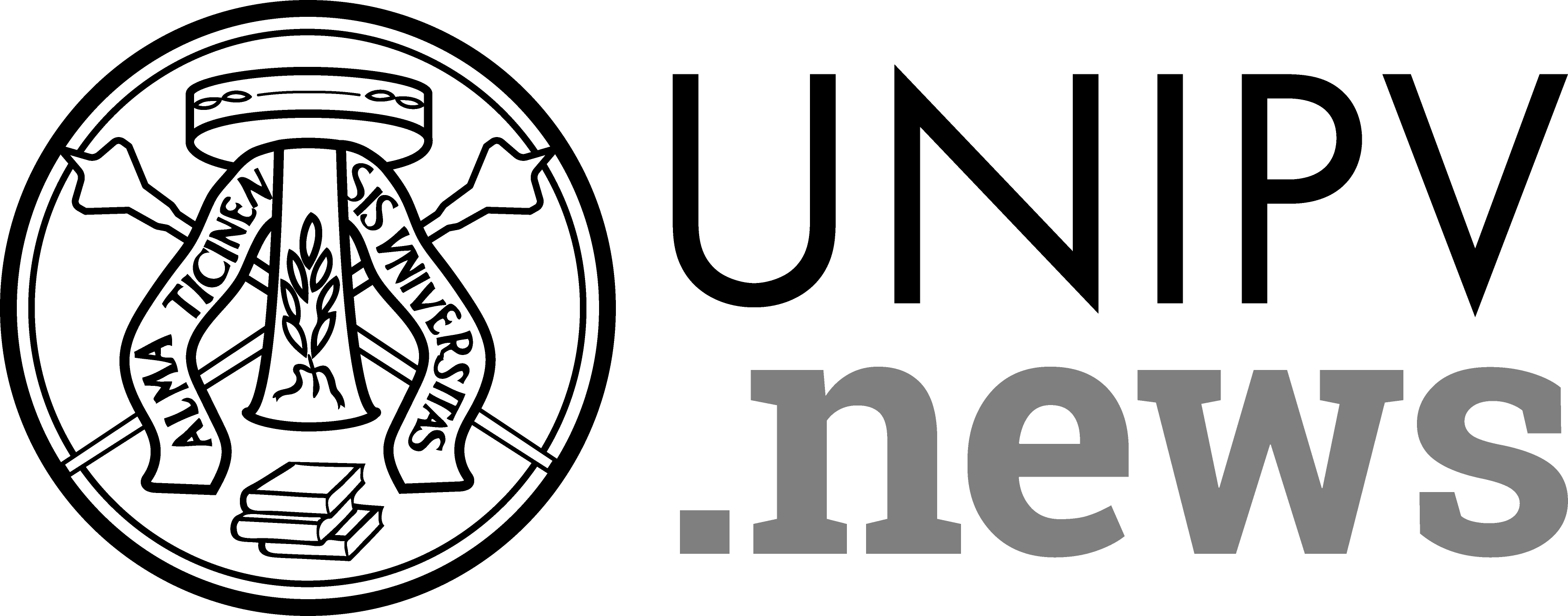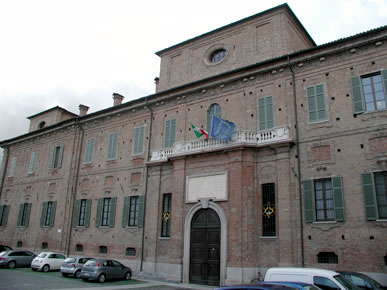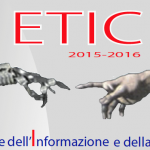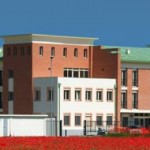La terza conferenza della serie “Marco Fraccaro Lectures”, che il Collegio Cairoli e il Collegio Volta dedicano congiuntamente alla memoria dell’insigne genetista prof. Marco Fraccaro (già titolare della cattedra di Biologia Generale e di Genetica Medica nella Facoltà di Medicina, Direttore dell’Unità di Biologia e Genetica del Dipartimento di Patologia Umana ed Ereditaria dell’Università di Pavia e Rettore del Collegio Cairoli dal 1969 al 2001), sarà tenuta quest’anno dal Prof. Robert Gallo, lunedì 13 giugno 2016 alle ore 17.00 nell’Aula Magna del Collegio Cairoli di Pavia (Piazza Cairoli), e avrà per titolo “Journey with Blood Cells and Viruses and the Development of the Global Virus Network”.
Il Prof. Gallo è direttore, dal 1996, dell’Istituto di Virologia Umana e professore di Medicina, Microbiologia e Immunologia nella Scuola di Medicina dell’Università del Maryland, nonché co-fondatore e attuale direttore scientifico del Global Virus Network (GVN). Precedentemente, è stato per 30 anni al National Cancer Institute di Bethesda. Il Prof. Gallo illustrerà in questa lecture i temi a cui ha dedicato tutta la sua lunga carriera: studio delle funzioni biologiche delle cellule umane del sangue, della loro crescita sia in condizioni normali che patologiche, e dei meccanismi che sottintendono a una loro crescita abnorme e invasiva, come nelle leucemie, oppure che portano a immunodeficienze, e il coinvolgimento dei virus in queste patologie.
Il Prof. Gallo presenterà inoltre gli obiettivi del Global Virus Network, mirati a integrare a livello mondiale diversi Centri di Eccellenza in Virologia, per orientare l’opinione pubblica e i giovani ricercatori sui problemi posti dalle infezioni virali. Il GVN intende inoltre promuovere la formazione nei campi della Virologia Clinica, della previsione e della sorveglianza dei virus a livello globale e iniziative comuni in difesa della Salute Pubblica mediante le terapie vaccinali e immunologiche.
Dr. Gallo and his co-workers opened and pioneered the field of human retrovirology when in 1980 they discovered the first human retrovirus (HTLV-1) and with others showed it was a cause of a particular form of human leukemia. (This was the first, and to date, the only known human leukemia virus and one of the few known viruses shown to cause a human cancer). A year later he and his group discovered the second known human retrovirus (HTLV-2). Dr. Gallo and his colleagues also independently discovered HIV (the 3rd known human retrovirus), and provided the first results to show that HIV was the cause of AIDS. They also developed the life saving HIV blood test (1983-1984). Earlier (1978) Gallo discovered a variant of gibbon ape leukemia virus (Hall’s Island strain) which causes T-cell leukemia.
The discoveries of all human retroviruses, including HIV, were to a great extent dependent on being able to grow human T-cells (lymphocytes) in the laboratory, and this was achieved by the use of a growth factor called Interleukin-2 or IL-2. Dr. Gallo and his co-workers discovered Interleukin-2 in 1976, thus setting the stage for all groups to culture human T-cells. Today IL-2 is used not only in laboratory experiments, but also in some therapies for cancer and AIDS.
Gallo and co-workers also spent several years in the 1970ies working out detailed biochemical and immunological characteristics of human cellular DNA polymerases alpha, beta, and gamma as well as reverse transcriptase (RT) from several retroviruses in order to use RT as a sensitive and specific surrogate marker for retroviruses. It was particularly essential to distinguish the mitochondrial DNA polymerase (DNA pol. gamma) from RT because of their similar biochemical characteristics which led to many prior false claims for detecting human retroviruses.
In 1995 he and his colleagues discovered the first natural (endogenous) inhibitors of HIV, namely some of the beta chemokines. This discovery helped in the later discovery of the HIV co-receptor, CCR5, and opened up entire new approaches to treatment of HIV disease.
Also, Dr. Gallo, along with his colleague, D. Ablashi, discovered in 1986 the first new human herpes in more than twenty-five years, Human Herpes Virus-6 (HHV-6). This is now known to cause Roseola in infants and is a candidate for involvement in several other diseases.
Currently, Dr. Gallo and his team receive significant funding from the Bill & Melinda Gates Foundation and the National Institutes of Health for a promising HIV preventive vaccine candidate.
Main Recognition
Dr. Gallo has been awarded 32 honorary doctorates from universities in the United States, China, Sweden, Italy, Israel, Peru, Germany, Belgium, Mexico, Argentina, Spain, Ireland, Jamaica and Greece. He is a member of numerous professional and honorary societies including the U.S. National Academy of Sciences, the Institute of Medicine of the U.S. National Academy of Sciences, the Royal Society of Medicine (Glasgow, Scotland), the Royal Society of Medicine (Brussels, Belgium), the Royal College of Physicians (Ireland) 2007, among several others, and a member of the National Inventors Hall of Fame.
He has received numerous major scientific honors and awards, for example uniquely the most prestigious U.S. award, the Albert Lasker Prize awarded twice (1982, 1986), General Motors Cancer Research Prize 1984, American Cancer Society Medal of Honor Award (1983), Gairdner Foundation International Award (Canada) 1987, The Japan Prize of Science and Technology (1988), Paul Ehrlich and Ludwig Darmstaedter Prize (Germany) 1999, Principe de Asturias Award for Technical and Scientific Research (Spain) 2000, the World Health Award from President Gorbachev in Vienna in November 2001, the first Otto Herz Memorial Award for Basic Research on Malignant Processes (Israel) 1982, Hebrew University’s Rabbi Shai Shacknai Memorial Price (Israel) 1985, the Tata Memorial Centre’s Birla International Award (India) 1986, the Tevere Roma International Award (Italy) 1985, the Harvard Medical School Warren Alpert Foundation Award (1998), Israel’s top prize, the Dan David Award (2009), and the Paul G. Rogers Medical Science Award of the U.S. National Library of Medicine (2010). The Homer & Martha Gudelsky Distinguished Professorship in Medicine, University of Maryland School of Medicine (2013).
Dr. Gallo was the most cited scientist in the world 1980-1990, according to the Institute for Scientific Information (Science July 27, 1990, p. 358), and he was ranked third in the world for scientific impact for the period 1983-2002 (PNAS, November 15, 2005, vol102, no.46, 6569-16572). He has published close to 1,200 papers.
Guarda il video dell’evento:
Guarda la galleria fotografica dell’evento nell’Archivio fotografico digitale dell’Università di Pavia:
https://www.flickr.com/photos/unipavia/sets/72157667072066054




